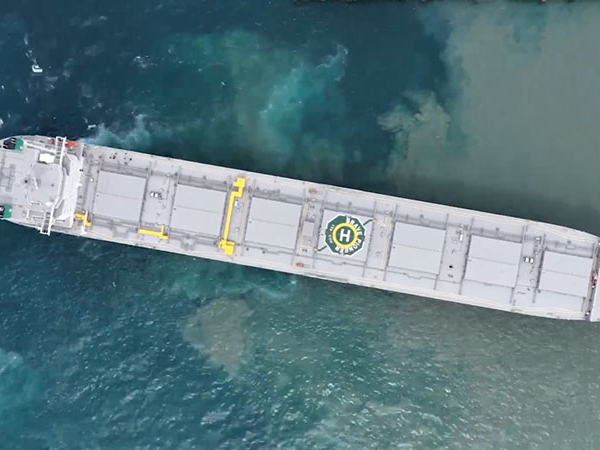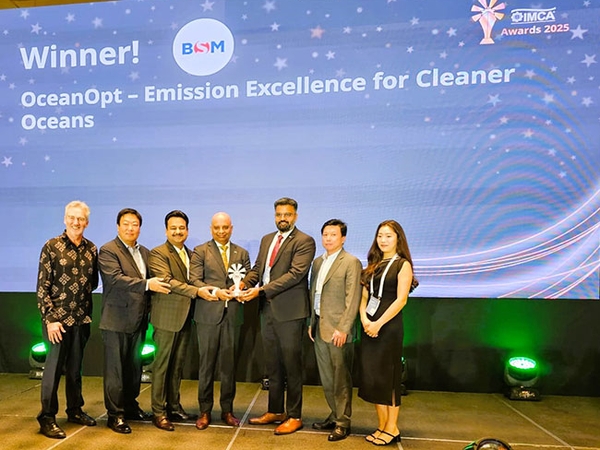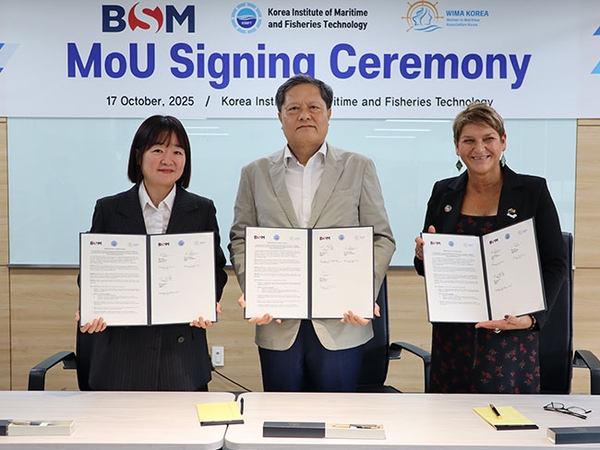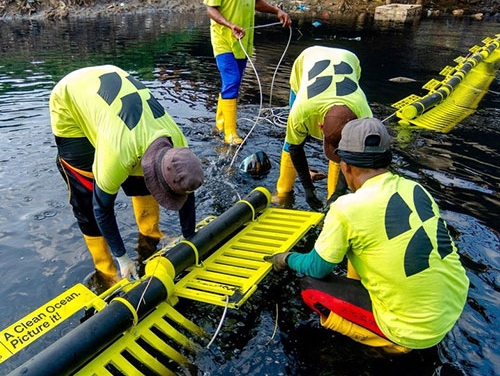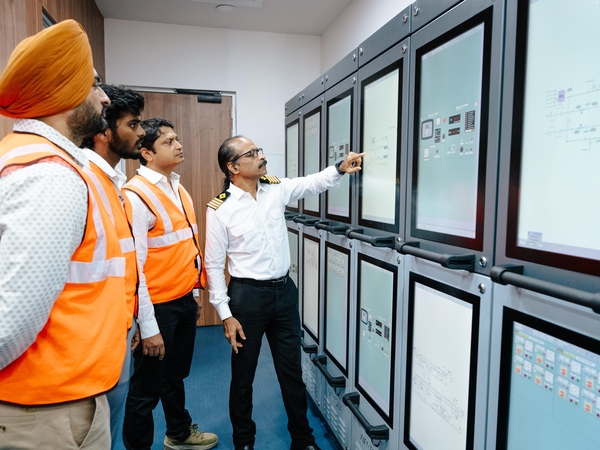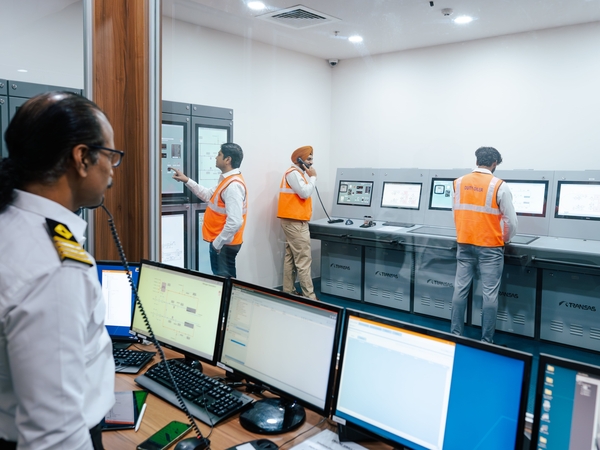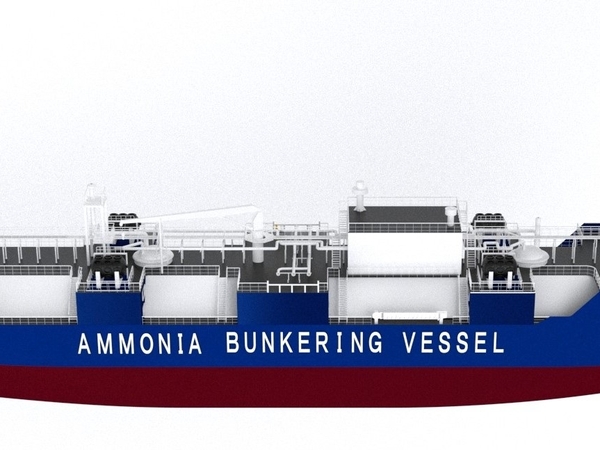
The changes in international fuel regulation will pose a fundamental challenge to the shipping industry, says Angus Campbell, BSM’s Corporate Director - Energy Projects.
To control emissions, the International Maritime Organisation (IMO) has passed regulations that will mandate a global sulphur limit of 0.5% m/m in marine fuel oil and will become effective from January 1st 2020.
The change in bunker fuel standards will have significant implications for ship owners who will need to switch to more expensive distillate fuel, invest in emissions-cleaning scrubber systems or switch to alternative fuels, such as LNG.
“It is going to be a complex process for the industry and owners are assessing how to comply with the changes that will have to be made,” said Angus.
Fuel suppliers are developing new low sulphur fuel oils, but availability, price and compatibility concerns need to be addressed. Not all ships have the space for scrubber systems and some owners may also wait for the technology to mature, he predicts.
Whilst the European Union has a strong preference for a globally consistent approach, it has already introduced its own Monitoring, Reporting and Verification (MRV) regulations to reduce carbon dioxide emissions. These are more specific than the proposed IMO regulations and will be implemented from 2018.
“In effect, what this means is that any vessel over 5,000 GT calling at an EU port must record its CO2 emissions for the entire voyage. When the annual verified emission report is submitted to the European Maritime Safety Agency (EMSA), a document of compliance will be issued. A system of checking will be implemented at EU ports and it will be policed by EMSA during PSC inspections.”
Angus believes the risk for the industry lies in the fact that the EU is pressing ahead with its own regulations, while IMO continues to work more slowly.
“This could lead to many different regulations being implemented by Port States, which would undermine the global role of IMO and be difficult for owners to navigate. I believe that any multi-regulation system will be complicated for shipping,” Angus said.
Once the industry decides how to approach the new emission regulations, Angus believes there will be implementation and compliance challenges.
“Compliance is a major issue. This could be enforced on a ship by ship basis, but it may also include bunker suppliers and traders restricting the sale of high sulphur fuel oil to ships with appropriate scrubber systems. Major bunker centres, such as Singapore, are likely to be proactive in developing measures to monitor this.”
BSM’s position as a leading maritime solutions provider is clear. “Our role is to act as an informed advisor to our customers, knowing that each ship owner will have different needs and many are continuing to face challenging market conditions. We are well prepared to meet the new regulatory requirements as they start to go live in 2018, having already developed supporting procedures and software solutions.”
Despite the current uncertainties surrounding compliance and impact of the new CO2 and sulphur emission regulations, Angus is very positive about the long-term future of the industry as it deals with new fuel choices and environmentally friendly solutions.
“The uncertainty caused by the changes is evident, but real progress is being made. The trend towards the use of LNG as a marine fuel is a good example.”
Angus believes the number of LNG fuelled vessels will continue to increase steadily, with the cruise, container, tanker and dry bulk sectors already taking the decision to adopt natural gas as a primary fuel for certain new ships. This is expected to accelerate as the fuelling infrastructure matures.
“To ensure compliance with the forthcoming regulations, owners of new ships are actively considering the adoption of LNG. This will not only achieve environmental benefits, but also savings in fuel and maintenance costs that will in turn reduce the through life cost of ownership,” he said.
To support the safe and efficient supply of LNG as a marine fuel and benefit from the anticipated market growth, BSM has been working in partnership with Babcock International to design a flexible LNG Gas Supply Vessel (GSV).
The first ship is under construction at Hyundai Mipo Dockyard in South Korea and will enter service on a long-term time charter with Nauticor during the third quarter of 2018.
“The partnership with Babcock International has developed into a joint venture called Babcock Schulte Energy (BSE), with our commitment to LNG fuelling as an essential component of shipping’s future energy requirements extending beyond this ship.”
He adds that BSE is in negotiation with several other parties for the charter of similar ships with the unique manoeuvring and gas handling capabilities of its GSV design.
Angus concluded, “We hope to be able to announce further contracts before long as BSE works to further develop and establish its position within the growing LNG fuelling sector.”
